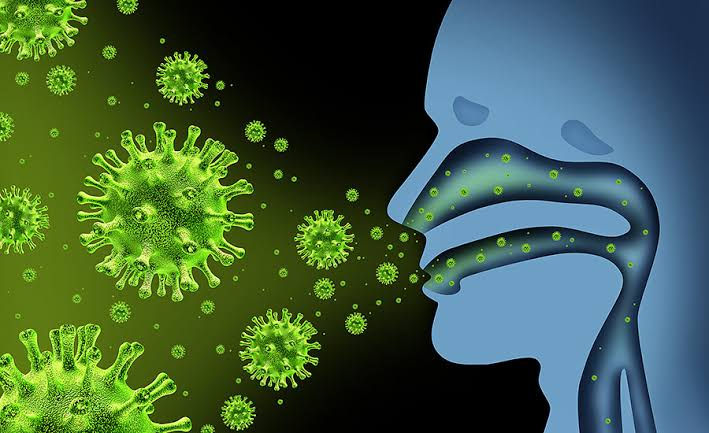The Science Behind Cancer Immunotherapy: How the Immune System Fights Tumors
- thepremedgazette
- Jun 27, 2025
- 3 min read
By: Farah Alsayed

A class of diseases known as cancer is when aberrant cells develop and multiply and push out healthy cells. 1 in 3 people are affected by cancer in the United States. It's likely that you or a loved one has experienced cancer. For a better understanding, read this article for more information on cancer immunotherapy as a revolutionary approach.
The immune system is designed to search for abnormal cells and intruders. Through a mechanism known as "immunosurveillance," it can frequently eradicate early tumours in healthy tissue before they spread (Merckmanuals.com). Innate immune response cells, such as natural killer (NK) cells, dendritic cells, and macrophages, strike swiftly and broadly, whereas adaptive cells, particularly cytotoxic T lymphocytes, or T cells, launch a targeted assault. T cells look for unusual protein fragments called antigens that are present on cell surfaces.
However, this natural defense system isn't perfect. The majority of malignancies eventually evade these defences, while some immune cells create antibodies that attach to cancer antigens and attract additional assassins (cancerresearchuk.org). Actually, a lot of newly formed tumours are removed without being seen, but some continue to grow in spite of immunological monitoring (merckmanuals.com). It can be challenging to differentiate cancer cells from healthy cells because they originate from our own tissue. However, the immune system may perceive tumours as "foreign" due to their aberrant markers, such as altered or virus-derived proteins. Unfortunately, cancer cells frequently develop strategies to conceal or lessen the immune response (see below).

A form of cancer treatment called immunotherapy aids the body's immune system in identifying and eliminating cancerous cells. Cancer can occasionally hide by passing for healthy tissue or by sending signals that cause the immune system to shut down. Normally, the immune system guards for threats including viruses and damaged cells (American Cancer Society, 2024; Mellman et al., 2011). By strengthening the immune system's defences or providing it with fresh resources to detect and combat cancer, immunotherapy works. This may entail therapies such as CAR T-cell therapy, in which a patient's own immune cells are altered to more accurately identify cancer cells, or checkpoint inhibitors, which take away the "brakes" that prevent immune cells from attacking tumours (Chen & Mellman, 2013; National Cancer Institute, 2024).
The mechanisms of action of various forms of immunotherapy vary. According to Scott et al. (2012), some, such as monoclonal antibodies, adhere to cancer cells and make it easier for the immune system to target them. Some, such as cancer vaccinations, teach the immune system to recognise and combat cancer-specific indicators when they arise (National Cancer Institute, 2024). Even viruses like T-VEC, which are oncolytic virus vaccines, are made to infect tumours and warn the immune system of the threat (Andtbacka et al., 2015). Immunotherapy is frequently more targeted and can provide long-lasting protection than chemotherapy, which destroys both healthy and malignant cells. This is especially true when the immune system "remembers" how to combat the cancer should it recur (Topalian et al., 2015).
Finally, by transforming the body's natural defences into precise instruments against tumours, immunotherapy signifies a significant change in the way we combat cancer. Immunotherapy helps uncover these hidden dangers and reactivates the immunological attack, even though cancer frequently develops ways to conceal or impair the immune system. Every type of immunotherapy, including checkpoint inhibitors, CAR T-cell therapy, monoclonal antibodies, and cancer vaccines, has a distinct function in identifying cancer more precisely and, in certain situations, more safely than conventional therapies. Immunotherapy has saved lives and continues to give hope for more individualised, long-lasting cancer treatments in the future, despite the fact that not every patient responds the same way and that there are still some obstacles to overcome.



Comments